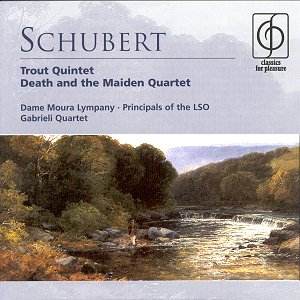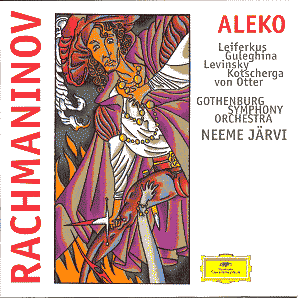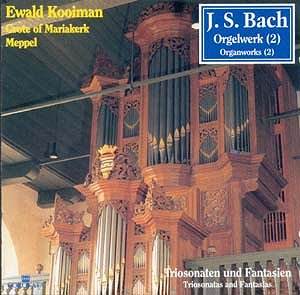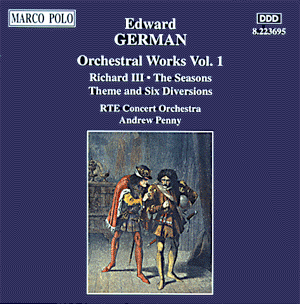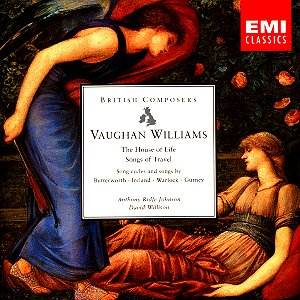 Composer: Ralph Vaughan Williams
Composer: Ralph Vaughan Williams
Works: The House of Life, Songs of Travel, The Land of Lost Content, Down by the Salley Gardens, An Epitaph, Desire in Spring, Black Stitchel, Six Songs from “A Shropshire Lad”, A Prayer to St. Anthony, The Sick Heart, My Own Country, Passing By, Pretty Ring Time
Performers: Anthony Rolfe Johnson (tenor), David Willison (piano)
Recording: Recorded 1974, Hornsey Town Hall (RVW), 1975, Assembly Hall, Northwood College (others)
Label: EMI CLASSICS CZS5 74785 2
Ralph Vaughan Williams occupies a distinctive place in the British musical landscape, characterized by his synthesis of folk elements and pastoral sensibilities. The present recording encapsulates his lyrical style, particularly evident in “The House of Life” and “Songs of Travel,” both of which draw from the works of English poets. A reflective exploration of love and nature unfolds through a series of songs that reveal the subtleties of human emotion. These compositions, alongside works by contemporaries such as John Ireland and Ivor Gurney, demonstrate the rich tapestry of early 20th-century English song.
Anthony Rolfe Johnson’s interpretations are undeniably thoughtful but raise questions regarding their effectiveness. His approach to Vaughan Williams’ nuanced melodies tends to linger excessively, often sacrificing the forward momentum essential to the cyclical nature of these songs. For instance, in “Bright is the Ring of Words,” the delicate phrasing becomes an exercise in overinterpretation, where each syllable is painstakingly articulated, resulting in a stilted performance that undermines the song’s inherent lyricism. This tendency is echoed in “Youth and Love,” where the vibrant interplay between voice and piano feels curiously muted, as if both performers are hesitant to fully engage with the emotional core of the piece.
David Willison’s piano accompaniments, while sensitive, often mirror Rolfe Johnson’s interpretative choices, contributing to the overall sense of stasis. The rhythmic vitality that characterizes the best performances of these works is frequently overshadowed by a cautious, almost reverential approach. In contrast, more dynamic renditions—such as those by John Shirley-Quirk, whose partnership with Viola Tunnard brings a spirited clarity to the music—highlight the importance of maintaining a balance between emotional depth and musical momentum.
The recording quality is generally clear, capturing the nuances of both voice and piano, but the sonic environment can feel constricted at times. The acoustic of Hornsey Town Hall, while warm, does not allow the voice to fully bloom, leading to a somewhat claustrophobic soundscape that detracts from the expansive emotional landscapes Vaughan Williams intended to convey. This is particularly evident in the more expansive settings where one longs for a greater resonance that would elevate the listening experience.
The absence of sung texts is a notable omission, especially for a recording aimed at a super-budget market. This decision limits accessibility, as listeners unfamiliar with the poetry may struggle to grasp the subtleties of the thematic material. A comparative analysis with other recordings in the EMI British Composers series reveals that while many feature sung texts and translations, this release falls short, compromising its educational value.
This recording serves as a reminder of the importance of interpretative vitality in English song. While Rolfe Johnson and Willison offer a thoughtful, albeit cautious, approach to Vaughan Williams’ works, it ultimately lacks the dramatic engagement and fluidity that can make these songs resonate profoundly. The interpretive choices, while respectful, often inhibit the emotional immediacy that is the hallmark of the finest performances. Thus, while this two-disc set may appeal to certain collectors, it does not capture the transformative power that defines the best of British song.
